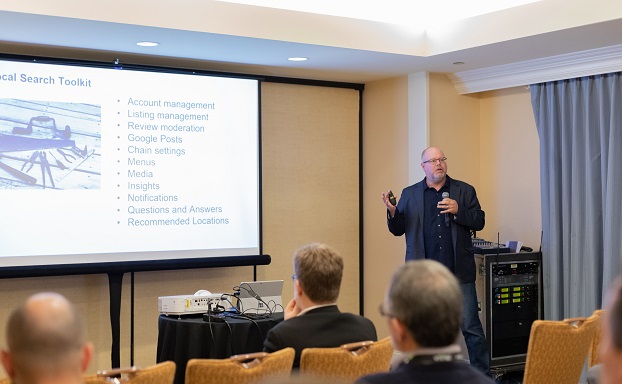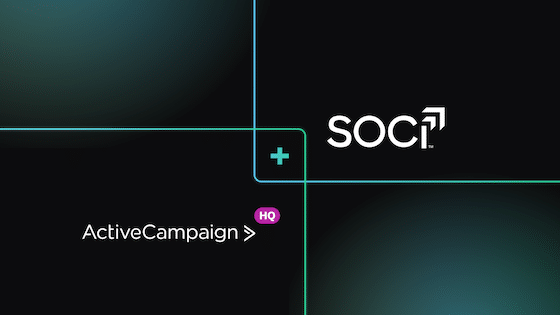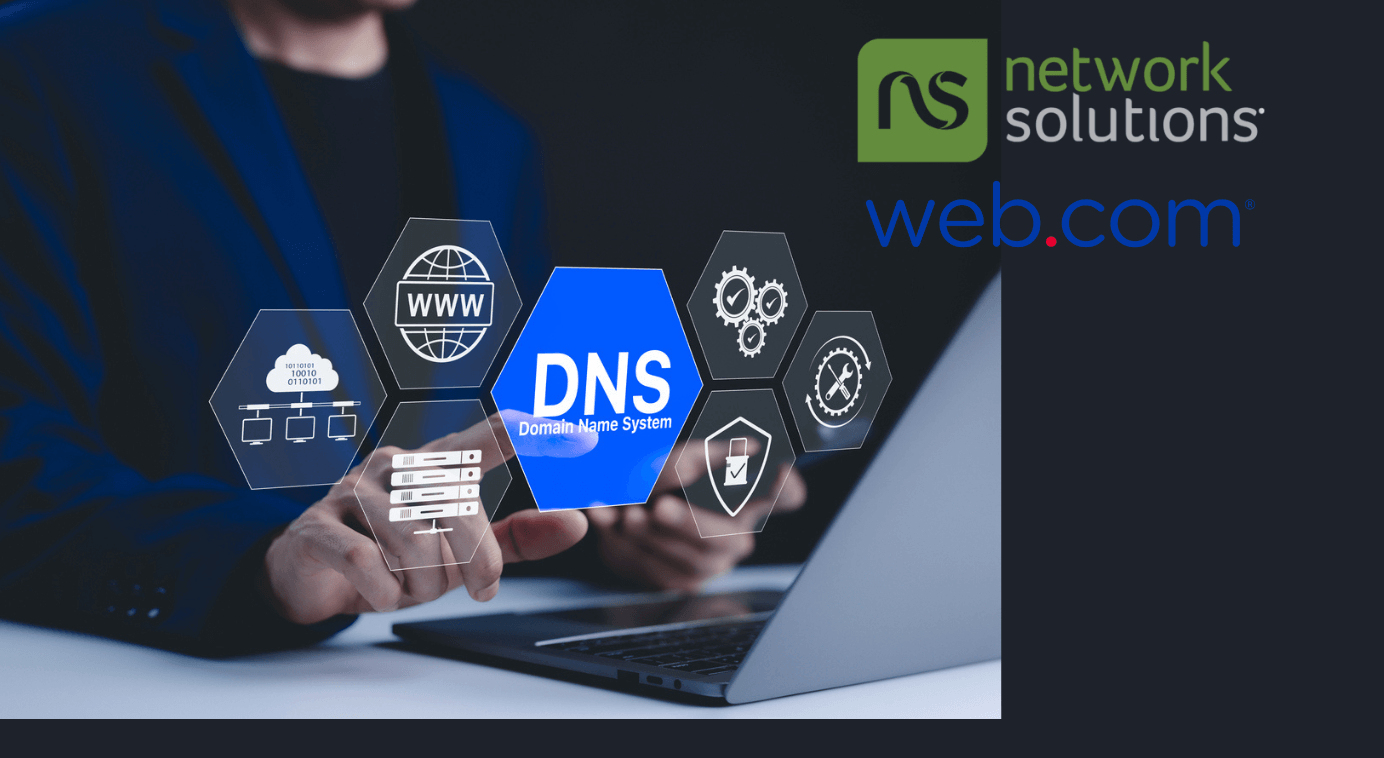In my session at LSA19, I offered an overview of the functionality available in the Google My Business (GMB) API, and described some of the benefits we’ve seen at Brandify in using the API to serve multi-location brand clients.
The GMB API represents, in many ways, the culmination of a history that began in 2005 with the launch of Google Maps and the Local Business Center, Google’s first attempt to make free tools available to businesses to manage listing information. In the years since that initial launch, Google has iterated through several changes to its local offerings, sometimes introducing improvements, sometimes causing confusion among local businesses and those companies who tried to help them navigate Google’s requirements.
One consistent theme during the first ten years of this era was a reluctance on Google’s part to acknowledge the legitimacy of local search companies. Google’s view appeared to be that businesses should be able to use the company’s free tools to manage listings by themselves. But as Google began to realize the strategic advantage of taking full ownership over its local data, it increasingly saw local businesses and the companies who served them as allies.
Google’s launch of the GMB API in late 2015 represented a major acknowledgment of the important role local search companies had come to play in its data ecosystem. In the years since, Google has released multiple updates to the API, each one adding to the functionality available. As of today, businesses using the GMB API can recreate many of the features in the Google My Business dashboard, making it possible to offer SMBs and multi-location brands a much more seamless and scalable offering.
At Brandify, the primary benefit of the API has been an enormous gain in efficiency. We are now able to update listings transactionally, only changing what needs to be changed, and we can do so in real time as those changes come in from our brand clients.
In addition, many features such as review response and monitoring for Google user suggestions can be done at a much higher degree of responsiveness with the aid of automation. All of this ultimately benefits consumers, since the speed and efficiency of the API lets us act quickly to update data such as holiday hours in a timely fashion, and to respond quickly in urgent circumstances, such as when business closures are necessitated by a natural disaster.
To be sure, the API hasn’t quite reached full feature parity with the GMB dashboard and mobile app. For our brand clients, the biggest sticking point currently is that the API does not allow Posts to be created for accounts with 10 or more locations. This limitation was imposed, according to our Google contacts, in order to try to ensure that Post content would be unique to each business location. But we expect that in the near future the restriction will be lifted, at which point our ability to create Post content at scale will be greatly improved.
At the same time, the API offers some exclusive features that cannot be accessed through the dashboard or mobile app. For brand clients, we’re especially pleased to see that Google now allows us to associate specific locations with the chains to which they belong, and that the new Recommended Google Locations feature gives us the ability to detect any stray chain and franchise locations that should have been claimed but were not detected by standard processes.
Google gathers local data through its own activities, such as Street View, and actively solicits contributions from Local Guides and Android users. But Google relies on business owners as a critical source of information as well. Ideally, local businesses and the companies who serve them, as long as they don’t exploit the system, should be Google’s primary source for local business data. The API helps, perhaps more than any previous Google product, to make this possible.



